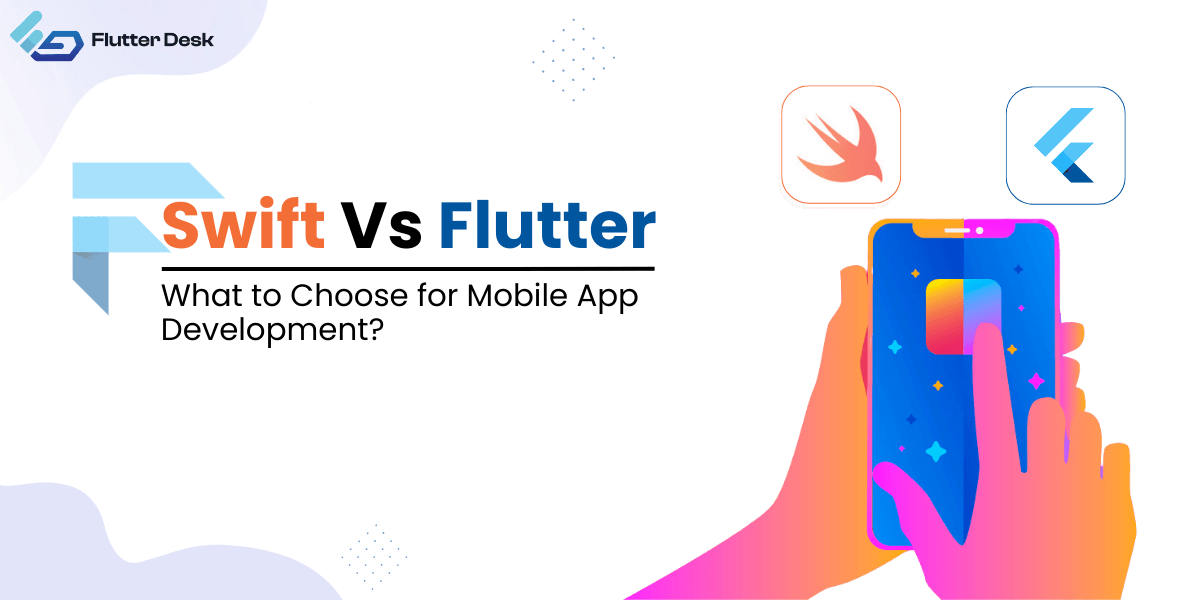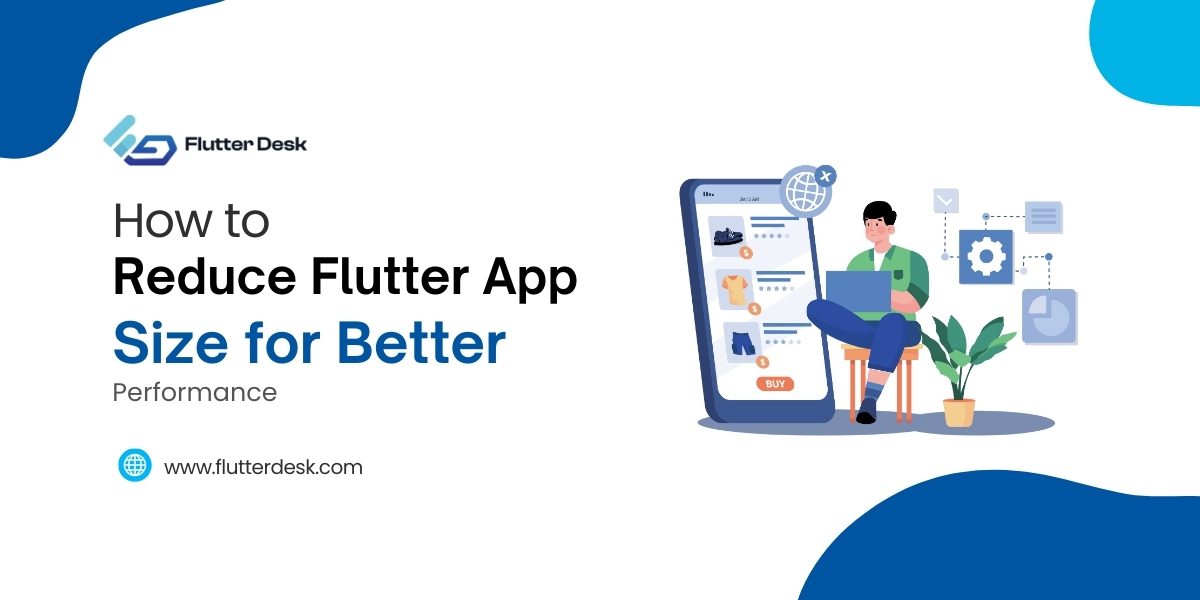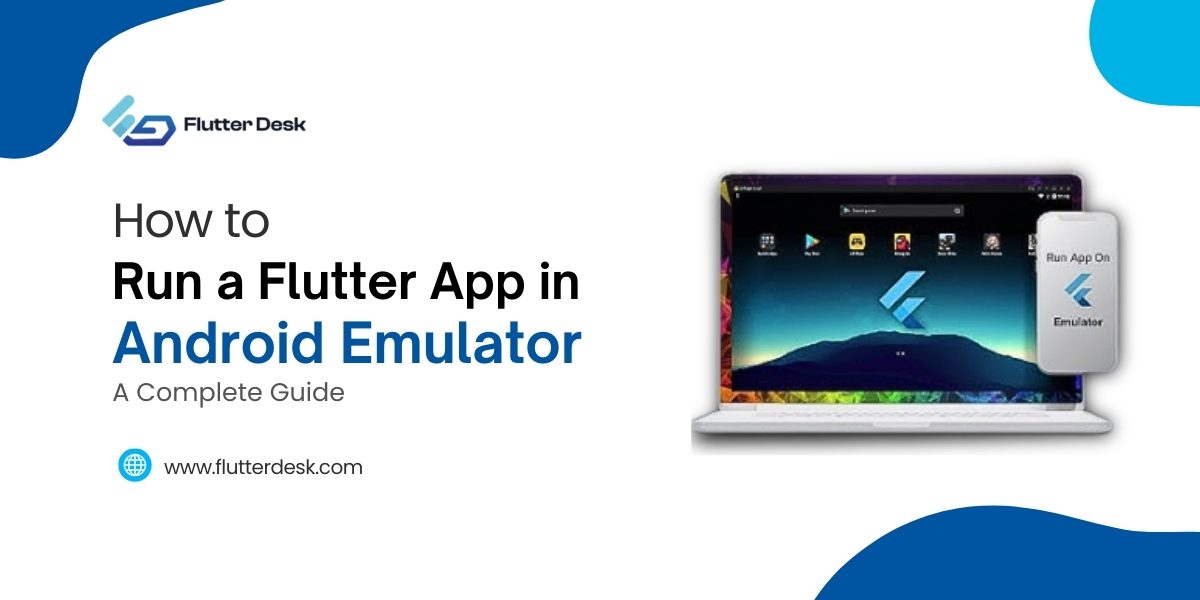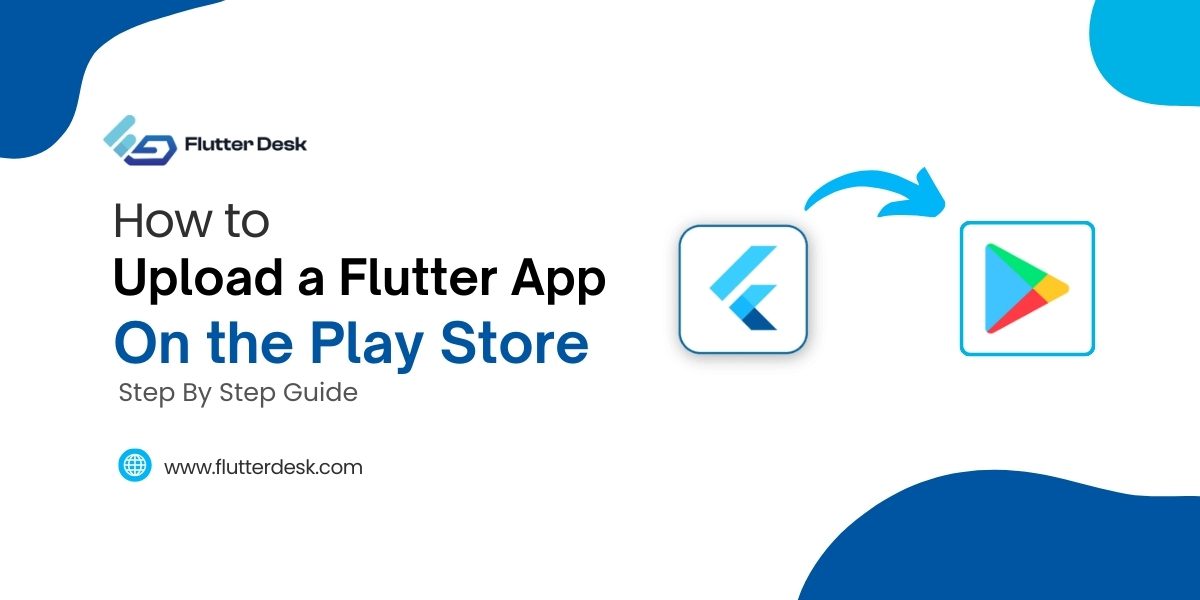In mobile app development, the Flutter vs Swift debate often takes center stage among developers and industry experts. These two powerful technologies have revolutionized the way we think about building mobile applications.
Flutter, with its robust framework, allows for the creation of visually appealing and functionally rich cross-platform apps. It’s a go-to choice for developers aiming to deploy on both Android and iOS with a single codebase. This unique feature of Flutter significantly reduces development time and cost.
On the other hand, Swift, Apple’s brainchild, is tailored specifically for iOS development. It offers unmatched performance and a seamless user experience for Apple devices. Swift’s focus on safety and speed makes it a preferred choice for developers who prioritize these aspects in app development.
Flutter vs Swift: each brings its own set of strengths to the table. Flutter’s versatility in creating cross-platform apps contrasts with Swift’s specialized approach for iOS.
For mobile app developers, choosing between Flutter vs Swift often boils down to the specific needs and goals of their projects.
Let’s learn which framework will be the best choice for your next mobile app development project.
Flutter Overview
At its core, Flutter is an open-source UI software development kit created by Google. It’s designed to help developers craft high-quality interfaces for both Android and iOS platforms from a single codebase. This means that with Flutter app development, you’re essentially building two apps at once, saving significant time and resources.
Flutter’s framework is powered by Dart, a modern, concise, and powerful programming language. Dart enables Flutter to communicate with the platform without the need for a JavaScript bridge, a common requirement in other frameworks. This results in faster app startup times and smoother performance.
The magic of Flutter lies in its pre-designed widgets. These widgets are the building blocks of your app’s interface, allowing for a customizable and dynamic user experience. Flutter apps stand out with their native performance and visually appealing design, making Flutter a top choice in the mobile app development industry.
Swift Overview
Swift is a powerful and intuitive programming language exclusively for Apple platforms. It brings simplicity and efficiency to mobile app developers, enabling them to create fast and reliable apps for iOS, macOS, watchOS, and tvOS. Swift code is known for its clean syntax, making it easy to read and write.
The Swift SDK provides a suite of tools that enhances developer productivity and app performance.
Swift Vs Flutter: Comparison
|
Factors |
Swift |
Flutter |
|
Platform Compatibility |
Exclusively for Apple platforms (iOS, macOS, watchOS, tvOS) |
Cross-platform (iOS, Android, Web, and more) |
| Language | Swift | Dart |
| Performance | High performance on Apple devices with optimized speed and responsiveness | Good performance on multiple platforms with a single codebase |
| User Interface | Native components ensuring a seamless interface on Apple devices | Customizable widgets for consistent UI across platforms |
|
Development Environment |
Xcode |
Various IDEs including IntelliJ IDEA, Android Studio, and Visual Studio Code |
| Community and Support | Strong community with extensive support from Apple | Growing community with support from Google and open-source contributors |
| Learning Curve |
Steeper for beginners due to platform-specific nuances |
Easier to learn, especially for those familiar with object-oriented programming |
|
Use Case |
Ideal for applications targeted specifically at Apple’s ecosystem |
Suitable for applications requiring a broader platform reach with a single codebase |
Flutter Vs Swift Performance
When comparing Flutter vs Swift in terms of performance, each has its unique strengths. The Flutter SDK excels in delivering consistently high performance across multiple platforms. Its ability to reuse the same code for both iOS and Android means that Flutter can improve performance significantly by streamlining the development process. However, it may sometimes struggle with complex UI animations and large data operations on older devices.
Conversely, the Swift SDK shines in iOS-specific app development, offering optimized speed and responsiveness. Swift’s performance is particularly notable in apps that demand intensive user interactions and graphic elements. Due to its native platform support, Swift ensures that iOS apps run smoothly, leveraging the full capabilities of Apple hardware.
Why Choose Flutter For Mobile App Development?
- Single Codebase for Cross-Platform Development: One of Flutter’s most significant advantages is its ability to use a single codebase to create apps for both Android and iOS platforms. This feature not only streamlines the development process but also ensures consistency in the app’s performance and appearance across different devices.
- Hot Reload Functionality: Flutter’s hot reload feature is a game-changer for developers. It allows them to see the changes made in the code almost instantly in the app. This real-time feedback accelerates the development process, enhances collaboration between designers and developers, and makes it easier to experiment with new ideas.
- Rich Set of Pre-Designed Widgets: Flutter provides a comprehensive range of customizable widgets that help in building native interfaces in minutes. These widgets are a key part of Flutter’s layered architecture, allowing for highly responsive interfaces and creative UI designs.
- Strong Community and Support: Backed by Google, Flutter has a rapidly growing community and extensive documentation. This support system is invaluable for developers, especially when they encounter challenges or need guidance on best practices.
- Comprehensive IDE support: Flutter’s compatibility with popular IDEs like Android Studio, IntelliJ IDEA, and Visual Studio Code enhances developer productivity. Its seamless API integration offers tools for debugging, code completion, and a variety of plugins, making the development process smoother and more efficient.
Conclusion
It’s pretty much clear that both frameworks have their unique strengths tailored to different needs and goals in mobile app development. Flutter emerges as a versatile choice for cross-platform development with its single codebase and rich set of features, while Swift excels in creating high-performance iOS applications.
The choice ultimately hinges on the specific requirements of the project and the target audience. Whichever framework you choose, both stand as powerful tools in the arsenal of modern mobile app developers.
If you don’t know where to start your mobile app development, hire a flutter app developer and take a back leap, you won’t regret it.










